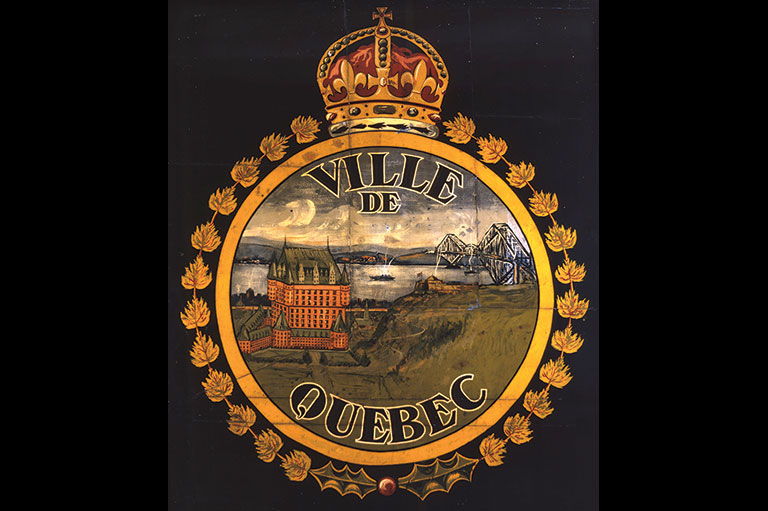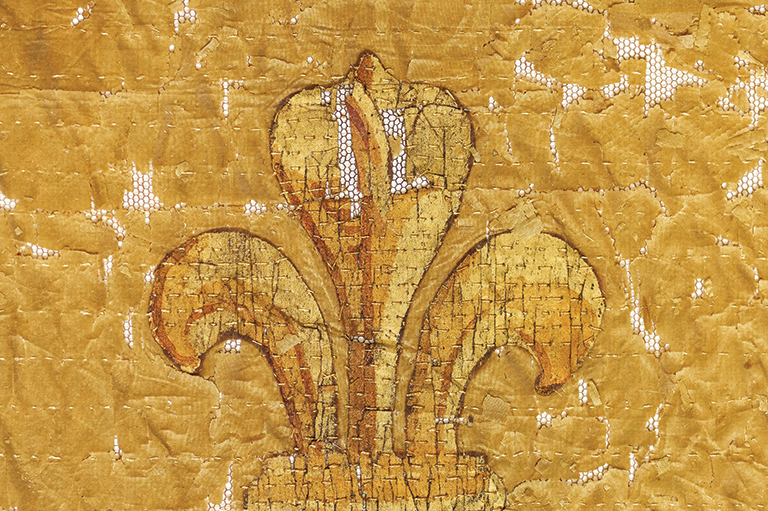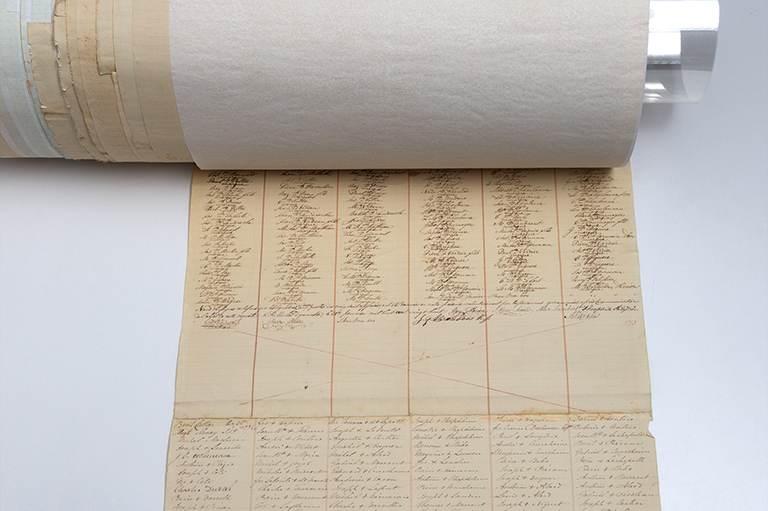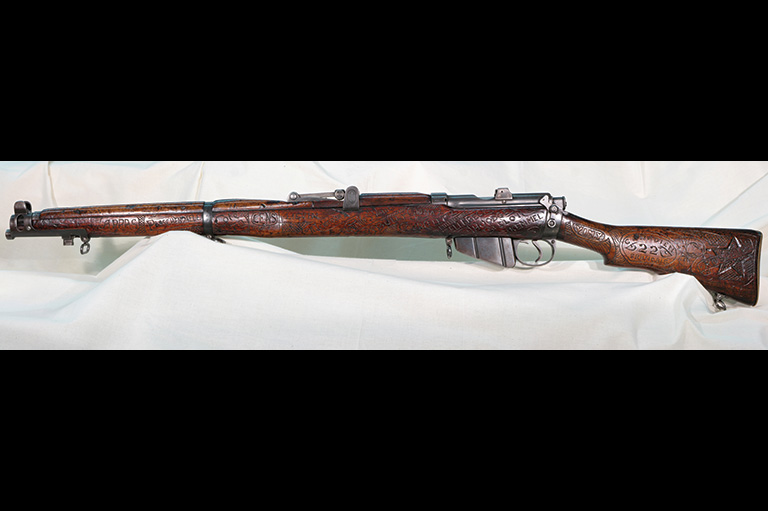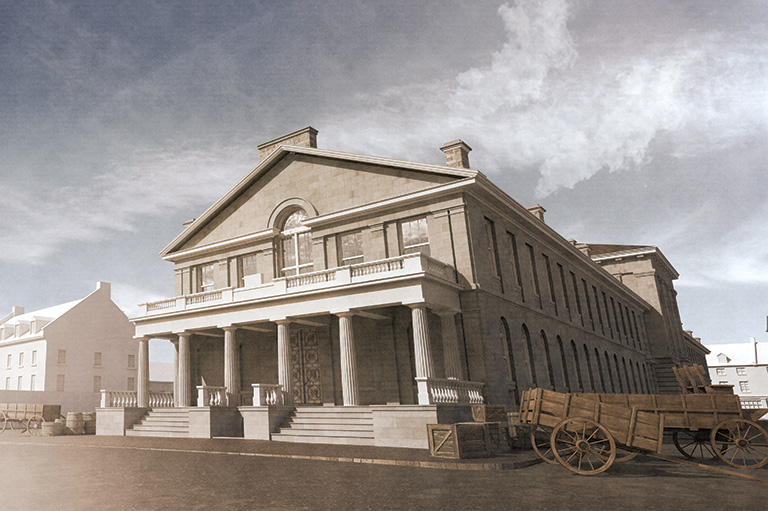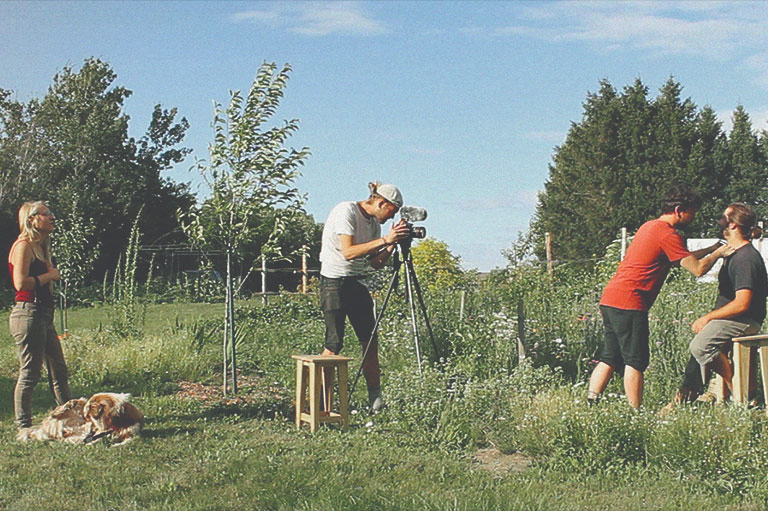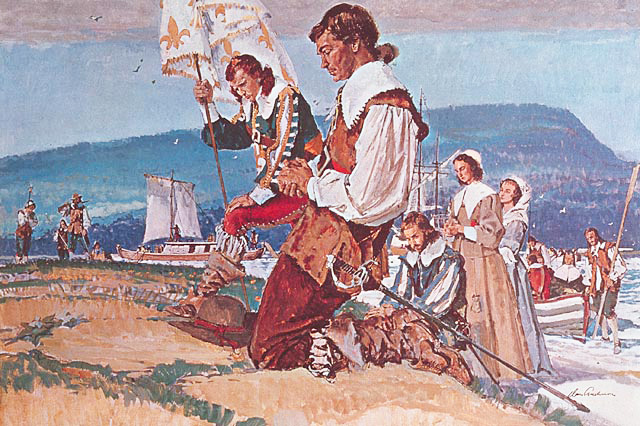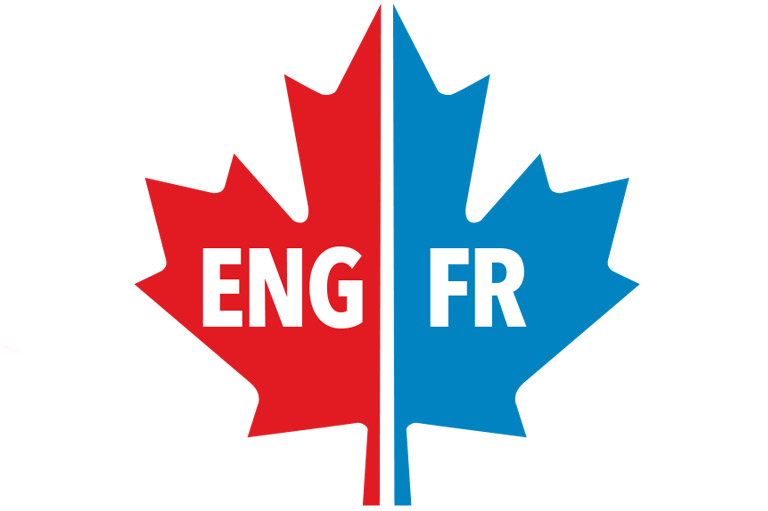Maurice Richard's Sweater
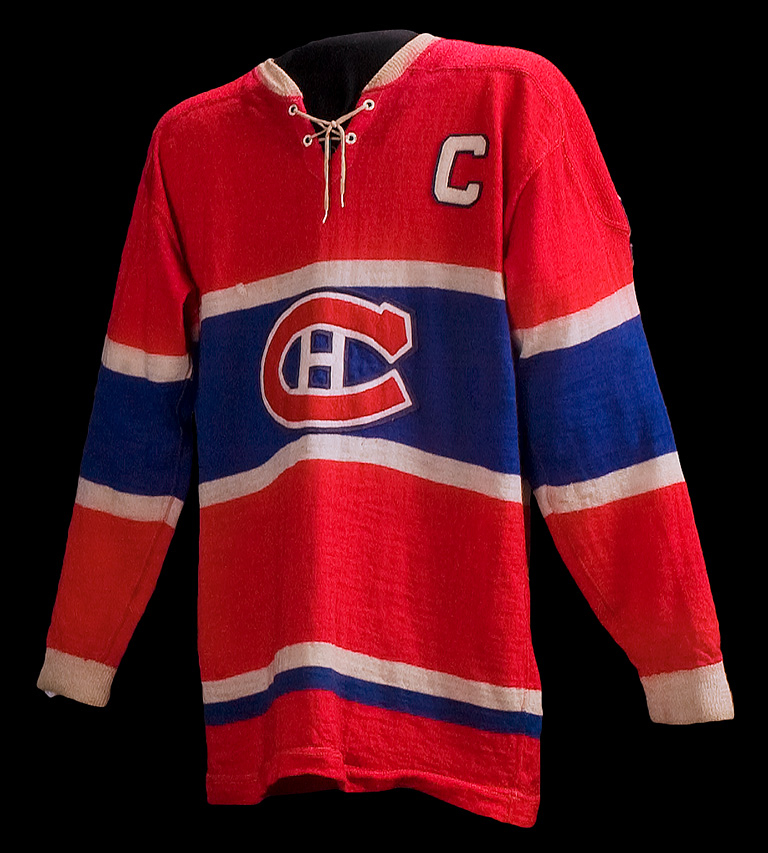
Legendary Montreal Canadiens hockey player Maurice Richard wore this jersey during the team’s victorious 1959 Stanley Cup finals. Richard — nicknamed “the Rocket” by his teammate Raymond Getliffe due to his lightning-fast skating game — breathed new life into the Montreal Canadiens when he was recruited in 1942.
During his eighteen-year career with the team, he became a sports superstar whose very presence was enough to fill arenas. His spectacular play, his fiery gaze, and his determination made him a hometown hero in Quebec.
Despite his modest origins and the rivalry between anglophones and francophones, he gained widespread respect and became the standard-bearer of the emancipation of Quebecers. He became a French-Canadian model of success.
In 1955, the Montreal public rioted when the NHL suspended Richard for the season, after he violently attacked a Boston Bruins player and a linesman following a high-sticking incident. Some historians see the riot as the first manifestation of the awakening of nationalist consciousness in Quebec and the beginning of the Quiet Revolution.
Richard stood out as a hockey player in the 1940s and 1950s with 544 goals, eight Stanley Cups and nearly twenty NHL records, With Hector Blake and Elmer Lach he formed one of the most famous lines of all time. In 2000, he was the first athlete to receive a state funeral in Quebec, an honor reserved for people who have had a profound impact on Quebec society.
With 7 uniquely curated newsletters to choose from, we have something for everyone.
Themes associated with this article
Advertisement
More objects from 50 Merveilles
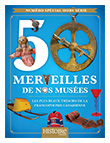
This special issue of Histoire Canada highlights beautiful treasures from Franco-Canadian communities across Canada. Available in French only.

